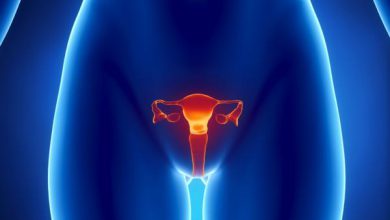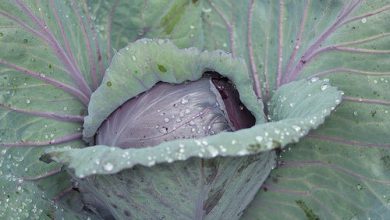What Should You Eat After Having A Heart Attack?
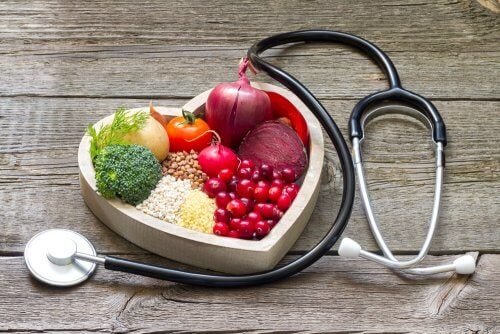
There is much talk about the type of diet that should be eaten to stay healthy, but what diet do people have to follow after suffering a heart attack to prevent another heart event? In this article we give you some tips on how your diet should be.
Stress, poor diet and lack of rest have a direct influence on heart health. For this reason, after overcoming a heart attack, we must acquire new healthier lifestyle habits such as quitting smoking, doing light physical exercise and changing the way we eat.
After a heart attack, the patient must respect the restrictions established by his doctor to recover and maintain a healthy state.
Heart attack and healthy habits
According to figures from the World Health Organization, in 2012, deaths related to cardiovascular diseases were more than 17 million people. It also reveals that 80% of heart attacks or strokes are preventable.
A healthy diet, regular physical activity, and the abandonment of toxic habits are necessary to avoid life-threatening episodes. The following foods are the ones you should include in your diet after having a heart attack or to prevent one.
How should the diet be after a heart attack?
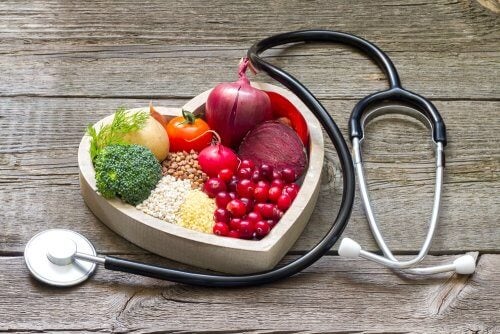
Patients who have suffered a heart attack should have low levels of cholesterol and glucose in the blood, as well as controlled blood pressure. This is achieved with proper medication, physical exercise, and diet.
The healthiest diet for these patients is the Mediterranean diet. Since it has a high content of vegetables, fruits, whole grains and fish, as well as some portions of lean grilled meat. All prepared with extra virgin olive oil and little salt (this condiment can be substituted by aromatic herbs and spices).
Dairy products should be skimmed, and it is advisable to eat legumes twice a week.
What to eat after having a heart attack
Fruits and vegetables
According to the Spanish Heart Foundation, a diet rich in fruits and vegetables raises concentrations of potassium and magnesium, which protect the heart against heart rhythm disorders. At the same time, the sodium concentration, related to blood pressure, is reduced.
Keep in mind that potassium has been shown to be able to combat the hypertensive effects of sodium, which generates a reduction in cardiovascular risk in patients at risk.
Extra virgin olive oil
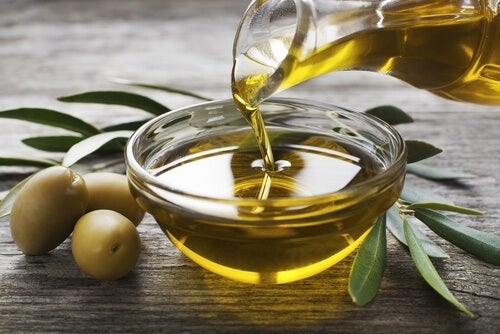
Olive oil has significant health benefits. Four tablespoons of olive oil a day, accompanied by a healthy and balanced Mediterranean diet, reduce the chances of suffering a heart attack or stroke.
The beneficial properties of this food are mainly due to the omega 3 fatty acids it contains. These are capable of reducing the levels of systemic inflammation, as well as cardiovascular risk. Both claims are demonstrated in a review published in The Cochrane Database of Systematic Reviews.
Nuts
Nuts are an exceptional source of healthy nutrients and are high in monounsaturated fats. Walnuts, in particular, are also rich in omega 3, a polyunsaturated fat directly linked to heart health.
They also have L-arginine (an amino acid that helps produce nitric oxide, which in turn helps regulate blood pressure) and phytosterols (plant compounds that help reduce cholesterol by blocking its absorption in the intestine).
Tea
All types of tea have catechin, an element that has been shown to help maintain healthy blood pressure, inhibiting cholesterol synthesis, and preventing blood clots. It also has quercetin, which improves the functionalities of blood vessels.
Blue Fish
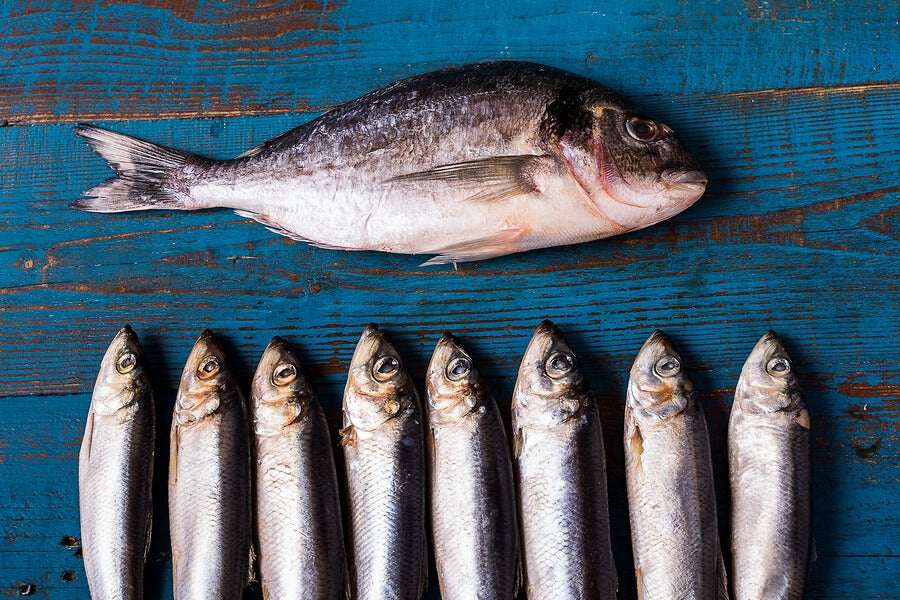
After having a heart attack, the diet should exclude trans fats. However, in no case can we forget about the unsaturated ones. These can be found in fatty fish such as salmon, mackerel or trout.
Whole grains and legumes
The bran, which is the shell that protects the cereal seed, helps slow the absorption of sugars and lowers blood cholesterol, according to an article by the Spanish Heart Association .
On the other hand, legumes are an exceptional source of plant-based protein, as well as an excellent choice for their fiber and mineral content.
What foods are not recommended after suffering a heart attack?

After a heart attack, the patient must follow a heart-healthy diet. Therefore, you should avoid foods that contain trans fats , such as ultra-processed ones.
Also sausages are not advisable, both because they contain harmful fats such as a large amount of sodium, industrial pastries (rich in trans fats ) and precooked foods.
Finally, remember that it is very important to incorporate, always consulting your doctor, moderate exercise into your routine. After a heart attack, physical activity is a great ally to improve the health of our heart.





